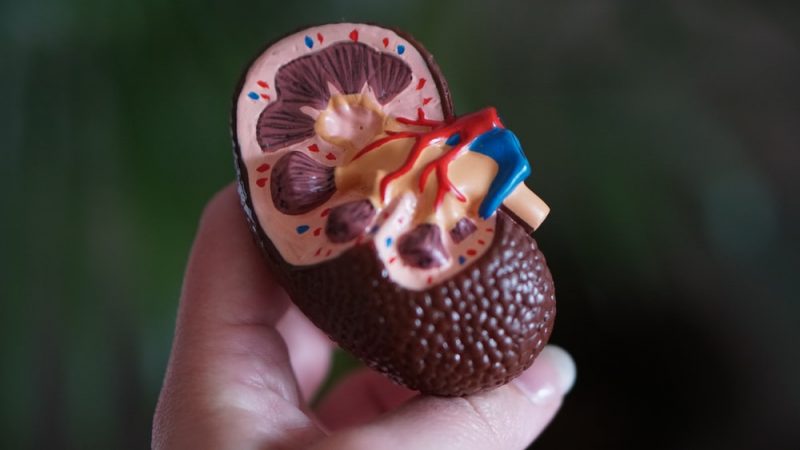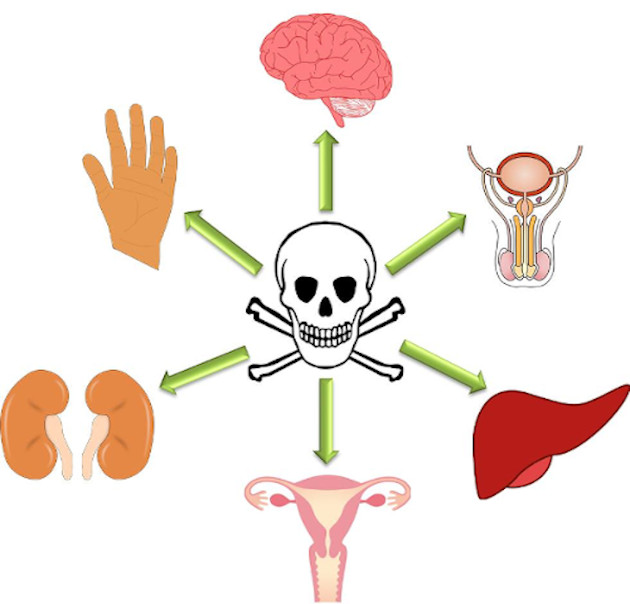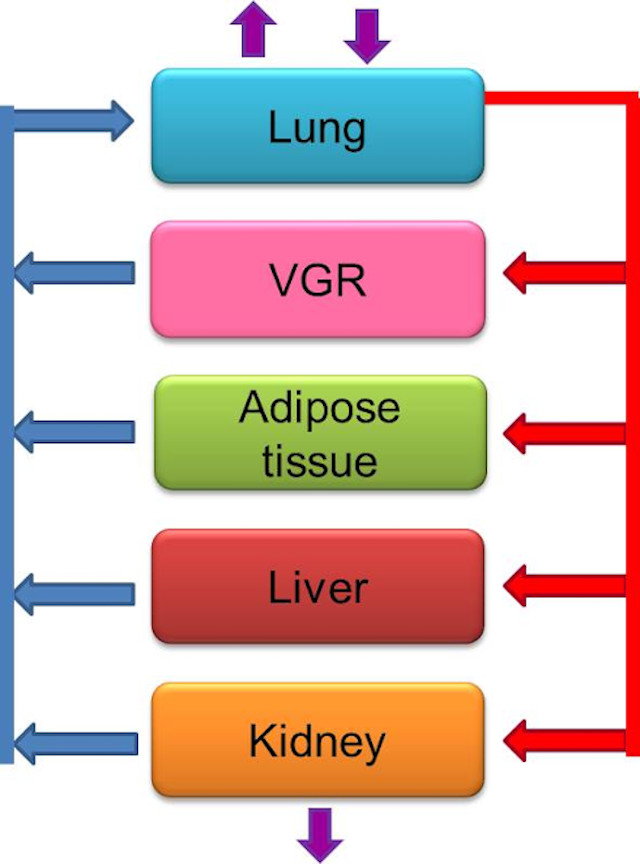
The Tricky Target Organ Toxicology – Toxicokinetics and Toxicodynamics course
The trickiest, heaviest and longest course has now finished and this time I am here to perform a detailed and critic analysis of how it was for me and some of my colleagues. During this blog I will also discuss from my personal perspective about the course’s structure, its contents, exams and some pros/cons. Additionally, I will provide with some practical and useful advices on how to survive during this period and how to make this course run lighter.
Course structure
As I already mentioned in the introduction, this is the longest and heaviest course from the whole Toxicology programme. It consists of 17.5 credits and it lasts a total of 11 weeks (more than 2 months!). This course is mainly divided in two parts: 1) Integration of target organ Toxicology and 2) Kinetics, mechanisms and effects in different organs. The first part involves lots of lectures regarding the target organs and written examinations every two weeks. During this part of the course you will learn from many diverse specialists the basics of every organ for example, anatomy, physiology and chemicals that target each organ.
The second part encompasses a lot of individual and group mechanistic research which later will be applied to a “Problem Based Learning (PBL)” report. This section was designed for students to learn and practice on how to do scientific research by their own. This part consists of five written PBL reports and their respective oral presentations. At this point maybe you do not understand yet the concept of PBL, but don’t worry! In my next blog will discuss and explain in detail this concept.
To finalize this section I want to make clear that both parts run along together during the whole course. This means that at the same time you attend lectures you will have to also work on your PBL research… And yes this means lot of work!
Topics
I know you are very curious about knowing about those target organs that I have been mentioning since the blog started, well now is time to reveal that! This course comprises the most critical organs and systems which are liver, kidney, skin, lung, nervous system, endocrine system and reproductive systems (male/female). The course also assigns a special section for cancer, disaster toxicology, clinical toxicology and Toxicokinetcis.
I want to dedicate a few lines to describe my personal experience with the toxicokinetics module. I personally think that this one was by far the worst section from the whole course. I must admit that I suffered it… but why am I so tragic? Well, Toxicokinetics is about what the body does to the drug. This means that you need to make computer models about Absorption, Distribution and Excretion of a substance. If you have never ever before coded or used softwares to model biological processes this module might be a nightmare. You have to learn in only three days how to code a series of mathematical formulas in Berkeley Madonna and also how to interpret the results. If you are in my same situation, do not panic you will survive, it will be hard but you will be fine.
Examinations
As I mentioned already in the course structure section, during the course you will have examination every two weeks and sometimes every week. This already tells you a lot about the workload during this period. During the target organ lectures (not mandatory) you will get huge amounts of information from each organ, and exams will assess your learning outcomes from each one.
Sometimes you will not have much time to study for them this means, for example, that after finishing a 3-4 days module, the next day you will already have the exam. This implies that you have to start to study from the first day in which the module starts, only if the PBL workload allows you to do so. I personally think that the course organization in this aspect should be improved, because sometimes there is not enough time to study all the information from lectures and this generates us a lot of stress.
The examinations consist of 20 points each and the interesting part here is that at times some of the questions are complex and deceptive. This can be due to the way the questions are drafted or due to their high specificity. In some of the exams we have had tricky questions that were difficult to answer because of the complexity in which they were formulated. Do not stress yet about it, this will flow when is the right time.
Pros and Cons
| Pros | Cons |
| You learn lots of toxic mechanisms | The workload between lectures and PBL’s can be overwhelming |
| You learn lots of toxic organ-targeted chemicals and drugs | The short time you have to study for some of the exams |
| You learn how to find reliable scientific sources | The Toxicokinetics module’s structure and organization |
| You can learn many of the course topics by doing your PBL’s research | The deceptive and tricky type of exam questions (not in every exam) |
| Everything you learn will be useful for the rest of the programme and even your thesis project | |
| The most of the lectures and lectures are very nice and interesting, you definitely learn a lot! |
Advices
I want to conclude this blog with some tips and advices that hopefully will make your life during this course a little bit lighter and easier.
- Assist to the lectures even if they are not marked as mandatory, you will not regret it!
- Try to read every day (if time allows you) a little bit from each lecture you had in the day
- Learn how to use KI Library services and get familiar with data bases such as PubMed
- Make study guides and lectures’ notes before every exam
- Study with friends/colleagues. This usually helps to clarify concepts that maybe you did not understand at first
- Always expect the unexpected from every exam
- Try to keep a balanced lifestyle. School is important but remember that you also have a life outside
- Know your limits and do not push yourself too much, this can result counterproductive for your studies
I hope this blog had been useful and that it helps you to prepare for this Target Organ Toxicology – Toxicokinetics and Toxicodynamics course before you start it at the Toxicology programme!
Good luck and if you have any more questions don’t hesitate and contact me!
Aline Colonnello: gloria.aline.colonnello.montero@stud.ki.se
Aline Colonnello - Toxicology
My name is Aline Colonnello Montero, I am twenty five years old and I come from the wonderful but busy Mexico City. I consider myself to be a perseverant person who works hard to meet all my goals and ambitions. I have a bachelor’s degree in Biology and I currently study the Master’s programme in Toxicology at Karolinska Institutet. My job as part of the digital ambassadors’ team consists on writing blogs



1 comments